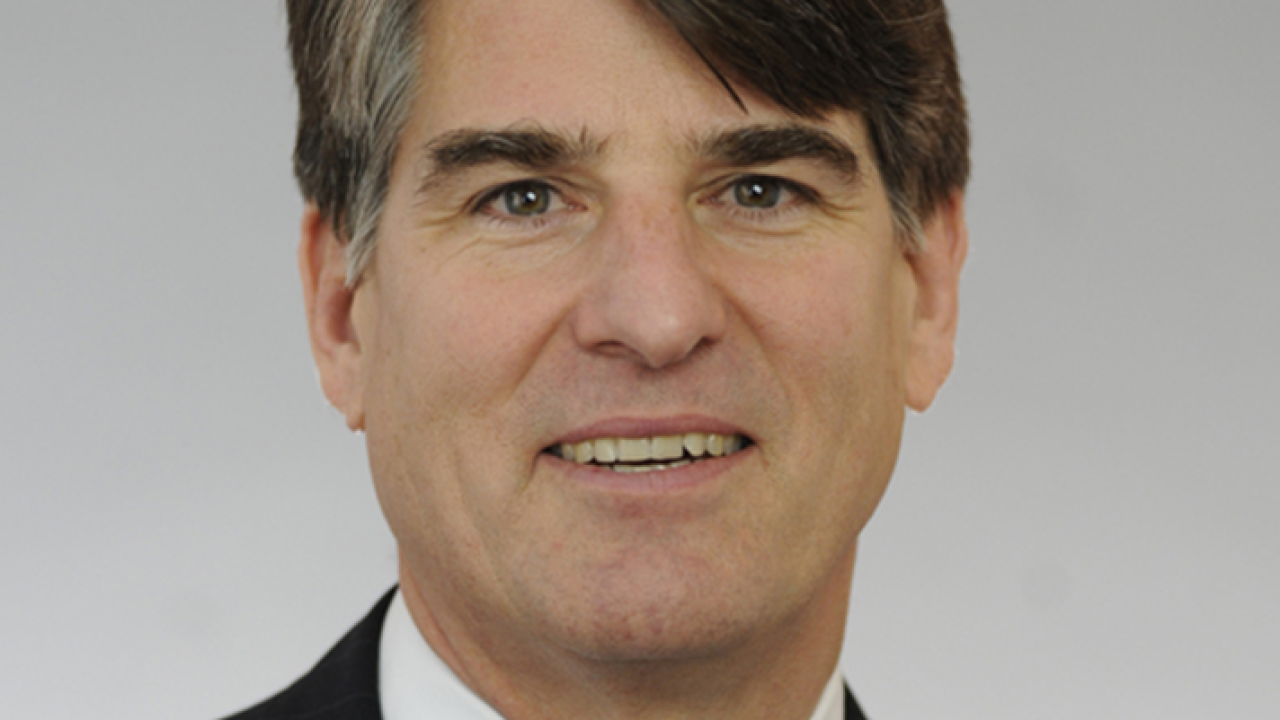Climate change increases risk to electric utility bonds, as last month's
"The confluence of [Pacific Gas & Electric], Hawaiian Electric, and Trinity Utilities solidifies our view that the heightened incidence of extreme and negatively impactful weather events are increasingly adding to the physical risks that electric utilities face," said S&P Global Ratings Senior Director David Bodek.
"Increasingly we are emphasizing this in our analyses," he added.

But, Bodek said, "we are currently unable to say that these events are a harbinger of more widespread bankruptcy filings."
CreditSights Senior Utilities and Power Analyst Andy DeVries agreed hot and dry conditions connected to climate change are making wildfires deadlier and larger. Holders of electric utility bonds need to be cognizant of the bonds' security, he said.
Muni Credit News Publisher Joseph Krist said climate change increases the likelihood of electric utility bankruptcies and defaults because it "drives climate extremes," and he expects more fires "involving power lines."
"The issue of power lines and fires has only gained currency after the experiences in California, especially the PG&E bankruptcy," Krist said. "That made it an easier decision to sue Hawaiian Electric." In the long run there will be more litigation against electric utilities, he said.
Some blamed Pacific Gas & Electric for not pursuing a vigorous enough pruning program around its lines for the November 2018 Camp Fire in northern California. The resulting lawsuits pushed
Climate change will make other weather events "much more dangerous," Krist said. Utilities near rivers, lakes, and other water bodies are becoming vulnerable to damage due to possible discharge issues affecting things like coal dust pits and wastewater pools, he said.
Stronger storms will generate serious issues and possibly damage electrical infrastructure, as was the case in Texas and Oklahoma when an ice storm wreaked havoc in February 2021, Krist said.
Climate change was a factor in the magnitude of the Maui fires and Camp Fire, according to some meteorologists. The latter was the deadliest and
In both cases strong winds blew down electric lines, which triggered and spread fires. And drought conditions, another result of climate change, aided the fires' spread.
In the aftermath of the Maui fires, several lawsuits were filed against the local electric utility,
Hawaiian Electric, an investor-owned company, in August had about $500 million in municipal revenue bonds outstanding.
S&P cited exposure to wildfire liability in downgrading the underlying rating of the Trinity Public Utility District, California, to BB-plus from BBB-plus in August 2022.
S&P said the utility's low level of cash was not adequate, given California's determination it serves a high-risk fire zone and the utility had not been able to acquire insurance for that risk. Trinity Utilities serves a heavily forested area of northern California.
Not all analysts think climate change will drive a wave of bankruptcies.
"We expect bankruptcies and defaults in the public power space (municipal electric utilities) to remain low, even with increasing climate risk," said Robert Azrin, senior research analyst at Breckinridge Capital Advisers.
Azrin noted municipal utilities enjoy rate setting ability, low-cost tax-exempt bond financings, and Federal Emergency Management Agency grants. After extreme weather events, public power utilities have benefited from state-authorized securitization structures. "Lastly, the typical municipal utility has reasonably good debt service coverage and healthy liquidity."
Azrin said conditions for California utilities may be more difficult because of the state's strict liability standard.
DeVries said climate change provides opportunities for electric utilities. It leads to added demand, which "leads to politicians and regulators demanding more clean energy, which means new wind/solar/batteries but also additional transmission lines and all of these drive higher earnings."





